Today is Indigenous Peoples’ Day. Marmoset would like to honor this special day by introducing you to a short film that has both moved us and started a conversation amongst us. It is called Joe Buffalo. Furthermore, if you’d like to join us in support, we recommend donating to Joe Buffalo’s organization: Nations Skate Youth.
Back in February I had the pleasure of chatting with Joe Buffalo and Writer/Director Amar Chebib about their groundbreaking short film, “Joe Buffalo”, which we were honored to feature 8 songs in. Since then, it has won Audience Choice at SXSW, and screened at the prestigious Tribeca Film Festival and Cleveland International Film Festival. It is now out via The New Yorker and onto its next chapter, with legendary skateboarder Tony Hawk joining forces with Amar and Joe as an Executive Producer.
Below is a snippet of our conversation about this beautiful film, residential schools, skateboarding, and more.
Marmoset: How did this film get started? Where was the idea born?
Amar: I met Joe in Montreal 15 years prior to the film getting started. I think it was 2005 and we skated together one summer. I then moved west, went to film school, and heard about him becoming a pro skateboarder. I had also heard about him being a residential school survivor, which I think most people didn’t know about Joe because he didn’t openly talk about it very much. So that really struck me, you know; just the obstacles he had to overcome to get to where he is now. We then reconnected and it kind of just happened from there.
Joe: When Amar approached me, I had just freshly sobered up and was just blown away that somebody wanted to work with me on that level.
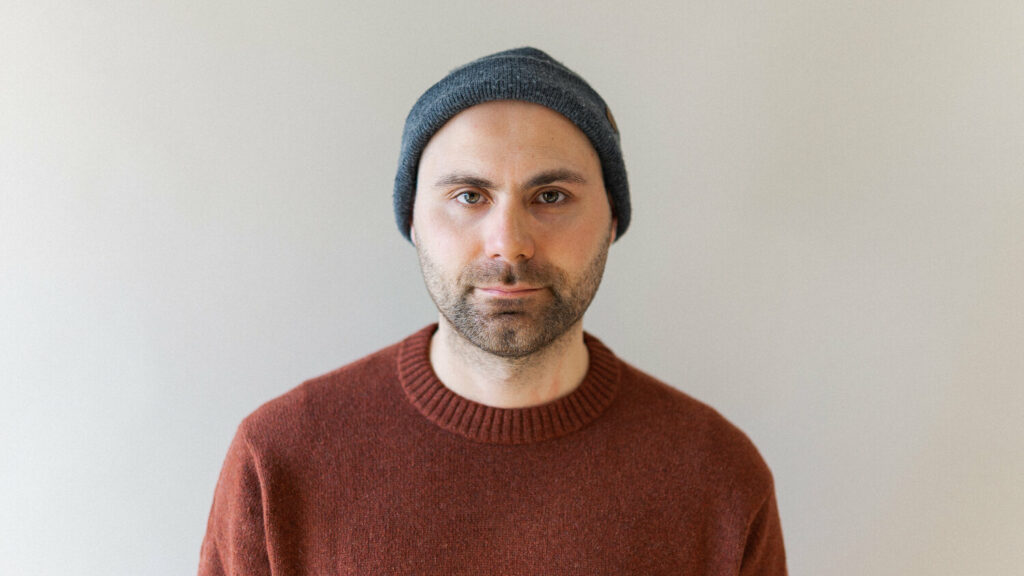
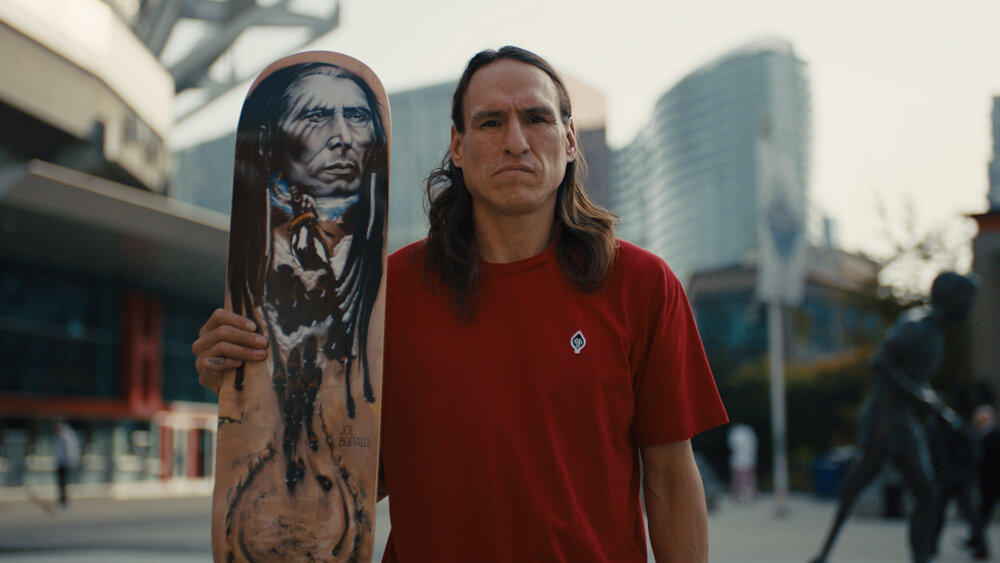
M: I understand you both were co-writers on the film. Can you describe that process to me? For instance, how did you share ideas or settle on the direction of the story?
A: First of all, for me not being indigenous and telling this story, it was really important for me to work with Joe as a collaborator. So it kind of just happened really organically as conversations unfolded. We would talk about his life and I would take notes and read them back, and then we’d decide on what to include or not include. And we met like that many times, over several months….Joe was really a partner throughout all of it.
M: What about production? What was the collaboration process like there?
A: Something that we should mention is that Joe is also an actor. So for me as the director that was kind of invaluable in the sense that it allowed me to move between genres in the film and mix different filmmaking practices. And that’s only because of Joe’s background.
J: I was definitely able to dig in and just shoot it from the hip. We would run it through together before we’d shoot, and I would just freestyle sometimes and put my own spin on it. Kind of as if I was using more of an acting aspect as opposed to just being myself. And plus, being able to work with Liam Mitchell (cinematographer) felt like a full circle cause we’ve been working together (music videos + feature films) since 2016.
M: Joe, what was it like for you to revisit the Residential School?
J: Right at the beginning when Amar and I got together I thought, “Oh yeah, I could just spit this no problem”. And I think I only got about an hour and a half into it before I was like, I need to leave. I felt like flipping a table over and needed to reset myself. I actually think I asked them all for a hug or something and was almost in tears, you know? So I had a couple of episodes a couple of times and it proved to be difficult.
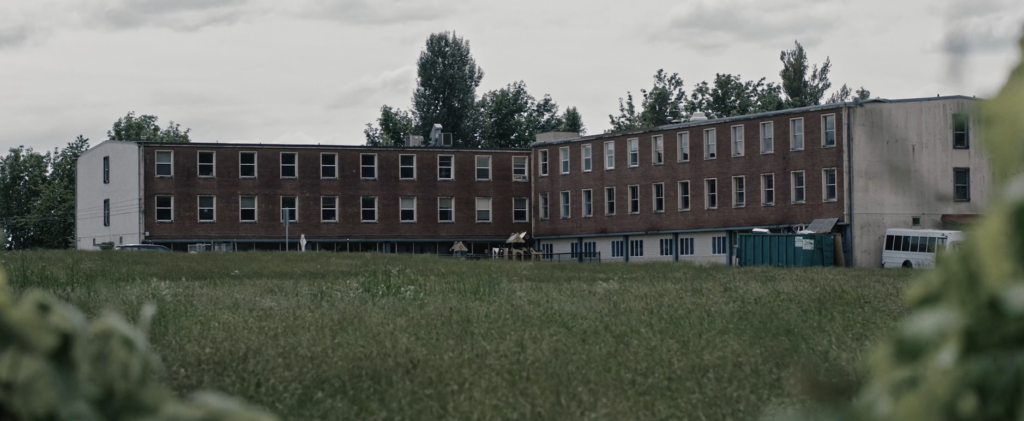
M: What about your story? How was it for you going back and reconnecting with it?
J: You know, the more and more I talk about the past and where I’ve been, it’s kind of helped. The work I’m doing now, speaking to high schools and junior high schools, about my life story and being so tender and fresh with my sobriety, it’s adding to it. And eventually by doing this film and having those moments of vulnerability…the more I was able to speak about it, the stronger my voice became. And I speak from the heart every time I talk now. In the beginning, I was just like “no wonder my mom and dad and my brothers and sisters and grandparents never spoke about this.” I thought this was growing up. I thought that was where everybody went to school. And by high school you’re just like, I don’t want to be here anymore. It was almost like a jail for kids. A prison where there were 250 kids in a dormitory and everybody had bunk beds. It was a dark place.
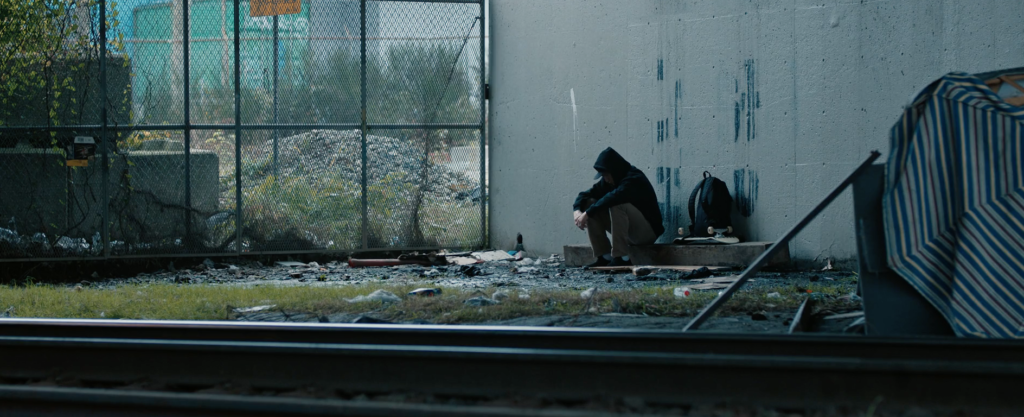
M: That raises an interesting question. What do you hope this film will do for other people?
J: I just want to pass on a message of hope and healing. Like, look, if I can crawl out of frickin cave, so can you. Especially to teach the Aboriginal youth and say, “man, you’ve already got the upper hand, because of your blood.” You know what I mean? I just want to be able to say it’s possible; to educate the people.
A: I just hope this film inspires people with everything Joe went through. Like, all the adversity he had to overcome, I think it can be a real source of inspiration. The other thing I hope with this film is that we’re able to reach an audience that wouldn’t perhaps ordinarily watch a documentary about a Residential School survivor. And I think that skateboarding is a great vehicle for that: to open up a completely different demographic that wouldn’t normally watch a film like this. It’s important for people to understand that residential schools are not something from a distant past, the last schools didn’t close until the nineties! There is a living legacy of intergenerational trauma that is still very present.
A: Joe, in the opening of the film you talk about how skateboarding saved you. Do you want to talk more about that?
J: Yeah, definitely. Skateboarding got me through Residential School. It saved me. Because, anywhere I’d go in my journey after Residential School it was like the international language of rad’. You could be speaking French and I’d see you and we’d be instant homies. It didn’t even matter about race or anything. So, skateboarding definitely showed me, fresh off Residential School, the way. And still to this day, the skaters I met back then are still skating. And they all came from broken homes also. So, skating became our language.
M: Amar, what were you looking for music-wise? And did you know going into production, or did it come in post?
A: I think most of it came in post production with the exception of what we would use in the skating part, because we knew we wanted to use a traditional Pow Wow song underneath it. Other than that it was a matter of what felt right tonally.
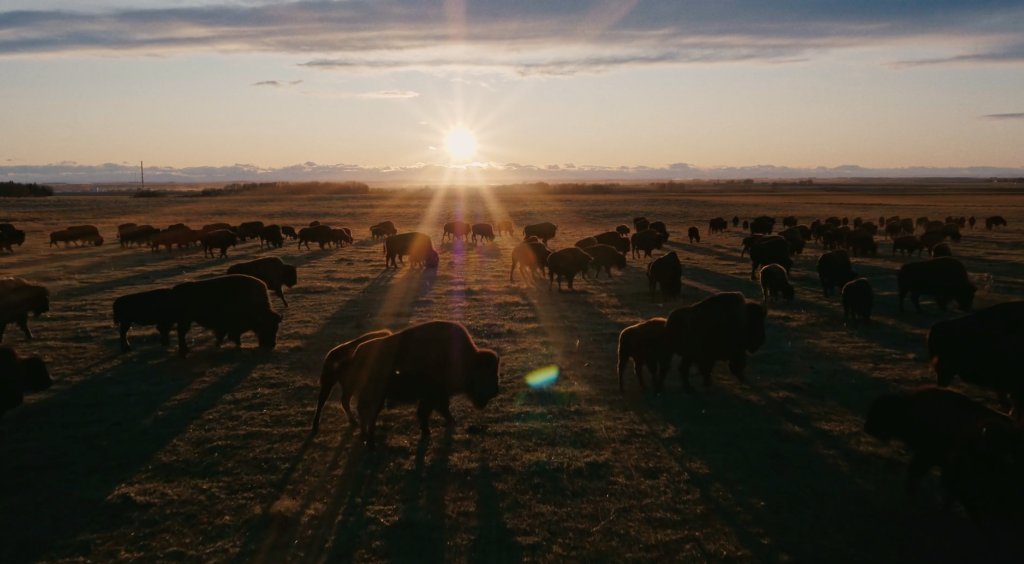
M. Lastly, what’s next for you both? What do you want others to know about?
A: I’m excited for this film to play on the festival circuit and then to go online and reach the largest possible audience. Besides this project, I have a couple other things in development.
J: Well of course these festivals that are coming up are pretty exciting. I’m looking forward to just hearing all the feedback. We also have a bunch of tours coming up with Nations Skate Youth. We got an island tour on Victoria Island. Then an east coast tour in Montreal, Toronto, and Ottawa.
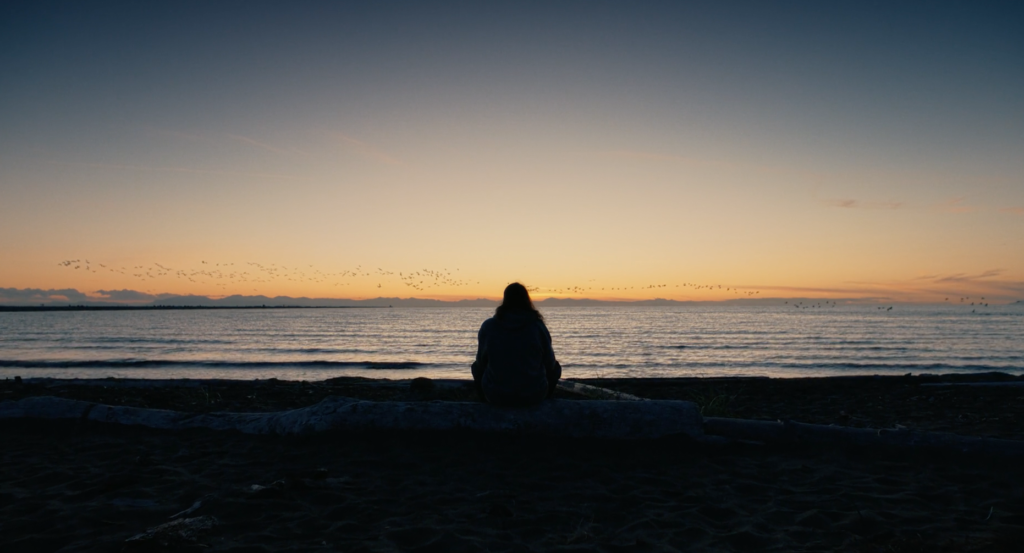
To show our support, Marmoset donated $2k to Nations Skate Youth. You can find out more here.
To learn more about Joe’s story and what he’s doing with Nations Skate Youth, please visit:
https://www.instagram.com/therealjoedionbuffalo/
To learn more about Amar and watch more of his incredible films, please visit:
https://www.instagram.com/amarchebib/
Marmoset acknowledges that Portland, OR rests on traditional village sites of the Multnomah, Kathlamet, Cowlitz, Clackamas, Chinook, Tualatin, Kalapuya, Molalla and many other Tribes who made their homes along the Columbia and Willamette Rivers. Learn more here.

Thank you very much to all involved. I am a teacher and my classes, in a secondary school in East Harlem NYC, really got a lot from this film. The interview here is great as it answers so many of the questions generated by my students. My students were captivated by this film and our discussion after was rich. Thank you for creating this film.